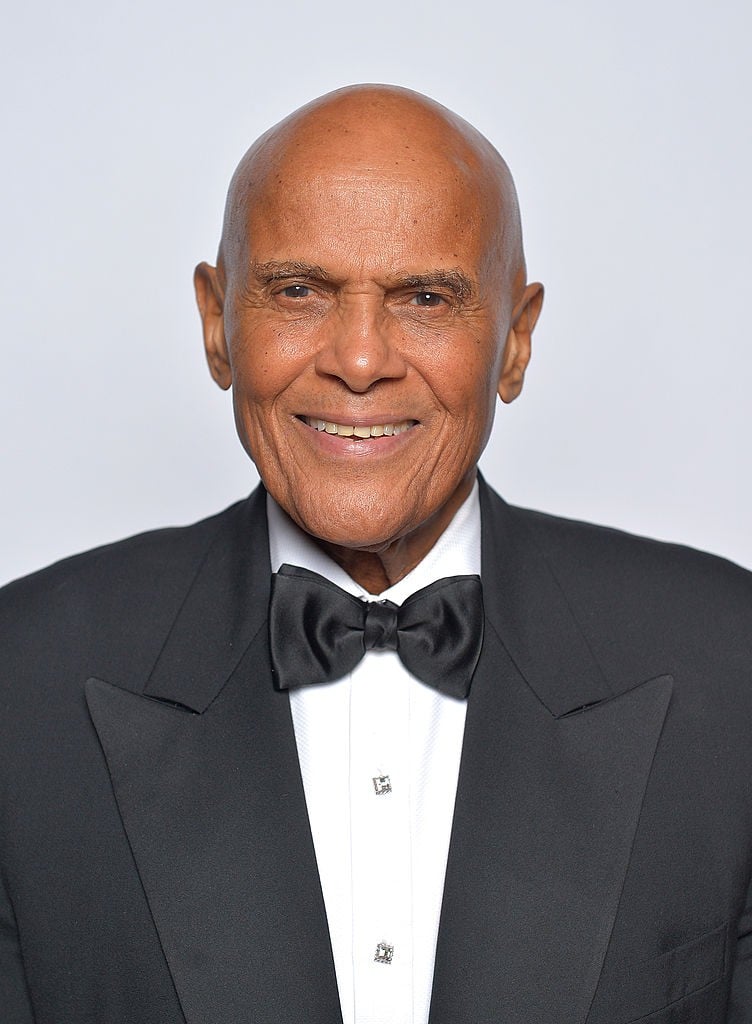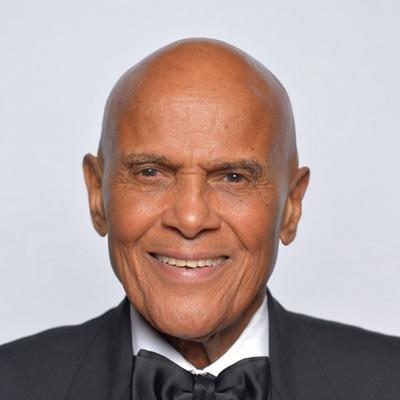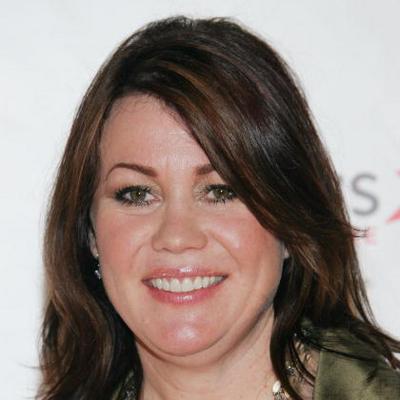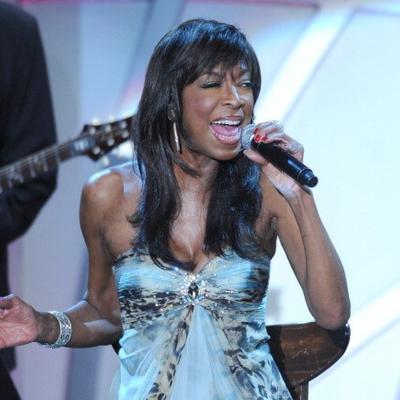What was Harry Belafonte's Net Worth?
Harry Belafonte, renowned American singer, actor, and social activist, had a net worth of $30 million at the time of his passing on April 25, 2023, at the age of 96. Famous for popularizing calypso music, his hits like "Day-O (Banana Boat Song)" and "Matilda" remain iconic. His 1956 album "Calypso," featuring "Day-O" and "Jamaica Farewell," was a groundbreaking success, topping the Billboard album chart for 31 weeks and becoming the first album by a single artist to sell more than a million copies. This success catapulted Belafonte to fame, making him the highest-paid black performer of the era. In his acting career, he starred in classics such as "Carmen Jones" and "Odds Against Tomorrow." Belafonte also made a significant mark in Spike Lee's 2018 film "BlacKkKlansman." As a dedicated activist, he played a pivotal role in the American civil rights movement and the South African anti-Apartheid movement, supporting Dr. Martin Luther King and other activists.
Early Life
Harry Belafonte was born Harold George Bellanfanti Jr. on March 1, 1927, in New York City to Jamaican parents. Spending part of his youth in Jamaica with his grandmother, he attended Wolmer's Schools. Upon returning to New York, he went to George Washington High School. After enlisting in the US Navy during World War II, Belafonte found his passion for performing arts at the American Negro Theater, where he met actor Sidney Poitier. He later studied acting at the New School's Dramatic Workshop and performed with the American Negro Theater toward the end of the 1940s.
Music Career in the 50s and 60s
Belafonte began his music career as a club singer to fund his acting classes, eventually signing with the Roost record label in 1949. His debut at the Greenwich Village jazz club, the Village Vanguard, marked the start of his recording journey. In 1953, he signed with RCA Victor, with whom he experienced tremendous success. His 1956 album "Calypso" was a monumental success, becoming the first album globally to sell over a million copies in a year. The album featured hits like "Day-O (Banana Boat Song)" and "Jamaica Farewell." Beyond calypso, Belafonte ventured into blues, folk, gospel, and show tunes, releasing live albums recorded at Carnegie Hall, which included popular tracks like "Hava Nagila." His collaboration with South African singer Miriam Makeba resulted in the Grammy-winning 1965 album "An Evening with Belafonte/Makeba."
Further Music Career and Retirement
Belafonte's music career extended into the 70s, with his final calypso album, "Calypso Carnival," releasing in 1971. Although he slowed down his recording activities, he continued touring globally. In the mid-80s, he joined USA for Africa, contributing to the charity's success and scoring the musical film "Beat Street." His 1988 album "Paradise in Gazankulu" featured protest songs against Apartheid in South Africa. He continued performing until his final concert in 2003, retiring from professional singing shortly after.

Charley Gallay/Getty Images
Film Career
Belafonte debuted in film with "Bright Road" in 1953, alongside Dorothy Dandridge. They reunited in Otto Preminger's "Carmen Jones" and later in "Island in the Sun." In 1959, Belafonte starred in and produced "Odds Against Tomorrow" and starred in "The World, the Flesh and the Devil." He returned to cinema in the 70s, co-starring with Sidney Poitier in "Buck and the Preacher" and "Uptown Saturday Night." His later roles included "White Man's Burden" with John Travolta, Robert Altman's "Kansas City," Emilio Estevez's "Bobby," and Spike Lee's "BlacKkKlansman."
Activism and Charity
Inspired by Paul Robeson, Harry Belafonte was a prominent civil rights activist, working closely with Martin Luther King Jr. He funded numerous initiatives, including the 1961 Freedom Rides and the 1963 March on Washington. Belafonte was also active in South Africa's Anti-Apartheid Movement. In 1985, he co-organized the charity song "We Are the World" and performed at Live Aid, later becoming a UNICEF Goodwill Ambassador. He supported many humanitarian causes, especially in Africa, addressing child poverty and HIV/AIDS awareness.
Personal Life
Belafonte married three times, first to Marguerite Byrd in 1948, with whom he had two daughters, Adrienne and Shari Belafonte. He married dancer Julie Robinson in 1957, and they had two children, David and Gina. Following their divorce in 2004 after 47 years of marriage, Belafonte married photographer Pamela Frank in 2008. In the 60s, Belafonte and Maurice Neme developed a private community in Bonaire named Belnem.
Death
Harry Belafonte passed away on April 25, 2023, at 96 years old, at his apartment in New York City.
Manhattan Building
In 1958, Belafonte faced racial discrimination while trying to find housing in New York City. Rejected by landlord Ramfis Trujillo, Belafonte creatively retaliated by buying the entire building and converting it into a co-op open to all. His 7,000 square-foot fifth-floor apartment became a hub for civil rights events, hosting figures like Dr. Martin Luther King and John F. Kennedy. In 2005, he listed the unit for $15 million, selling it to Abigail Disney in 2009 for $10.75 million.
St. Martin Property
In 1982, Belafonte purchased a 3.3-acre property on St. Martin, selling it in September 2005 for $2.2 million.








